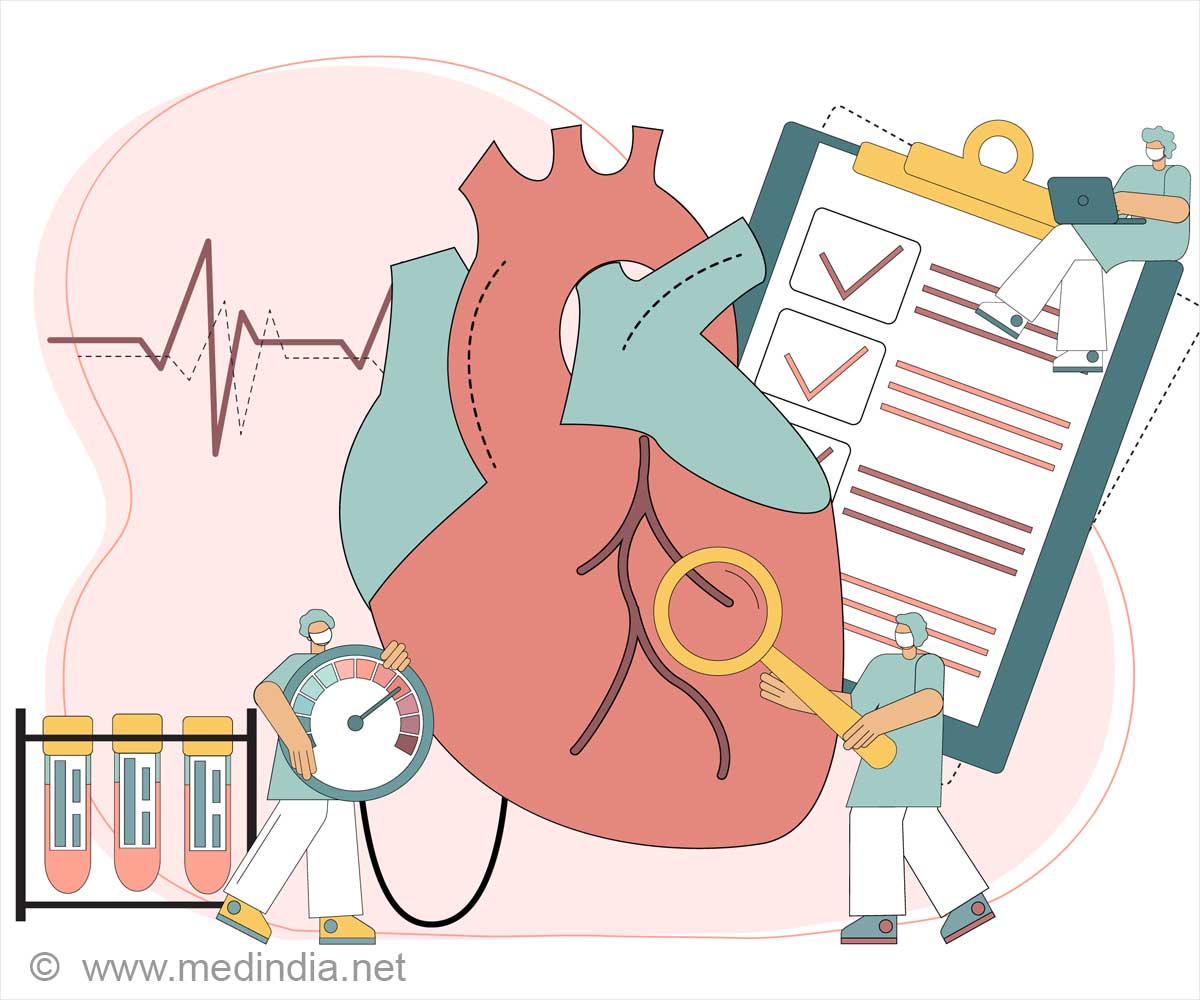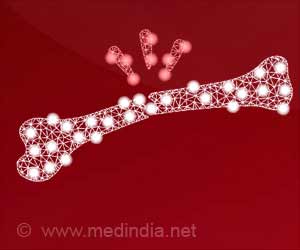Learn how the low gravity environment of space accelerates aging in human tissues, especially on heart tissues.

Space’s low-gravity environment accelerates the aging process. Six months in microgravity can age tissues and bones for upto 10 years older. Acceleration of aging in space provides an opportunity to understand the condition that remains the leading cause for death in America: heart disease (1

Spaceflight-induced contractile and mitochondrial dysfunction in an automated heart-on-a-chip platform
).
Aging studies on Earth are time consuming, as the nature of aging requires years to observe the changes in human tissue. Microgravity provides a better environment to study the changes in human tissues in short time than normal gravity.
Advertisement
What is “tissue-on-a-chips”?
Tissue-on-a-chip is also known as organ-on-a-chip, is a miniature model of human organ tissue that is created using tissue engineering. These chips are used to study the human diseases and conditions and the effectiveness of drugs.
Human heart tissue was sent as tissue-on-a-chips specimen to the International Space Station (ISS). The tissue was treated with three FDA approved medication to find which one might slow or delay aging process.
Advertisement
Changes in Tissue Exposed to Microgravity
Previous studies revealed that heart tissue in space after 30 days showed weak contraction, increased irregular heartbeat and mitochondrial dysfunctions. The following are the changes which were noted in the tissues:
- Heart tissue exposed to microgravity showed decreased contraction. It leads to rapid decline in muscle functioning.
- It also showed irregular heart beat with increased intervals between heartbeats. That increases the risk arrhythmias.
- Tissues also showed structural degradation. Sarcomeres, the contractile unit of muscles fibres were short and disordered, which was similar to diseased heart tissue.
Advertisement
Role of Mitochondria in Heart Disease
Mitochondria is essential for energy production and cell growth. Reactive oxygen species (ROS) which can damage mitochondria increases with age. The ROS molecules generate rapidly in space.
So, mitochondrial dysfunction can be a possible cause for intiation heart diesease. Mitochondria in microgravity-exposed cells appeared enlarged and rounded that limited their energy productions.
These findings provides an insight into how mitochondrial dysfunction can affect cardiovascular aging and can help to develop potential treatment. By finding the root cause, researchers can narrow drug development process leading to development of single drug for heart disease treatments.
These findings can improve protective measures for astronauts undertaking long duration space missions. Prolonged microgravity exposure can affect heart health. It can also lead to a effective treatment for cardiovascular aging and heart condition on Earth, which has a significant benefit on aging population.
Reference:
- Spaceflight-induced contractile and mitochondrial dysfunction in an automated heart-on-a-chip platform – (https://pubmed.ncbi.nlm.nih.gov/39312653/)
Source-Medindia



